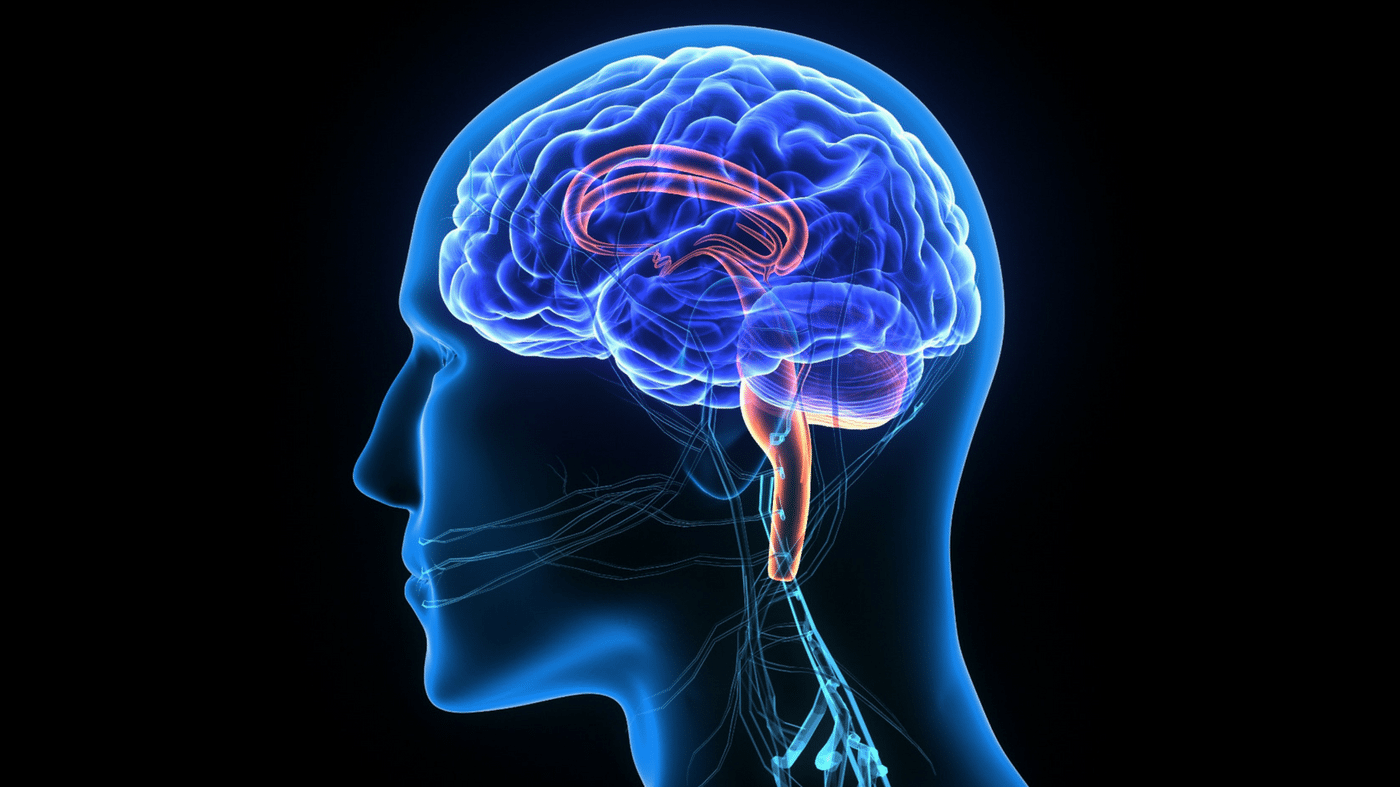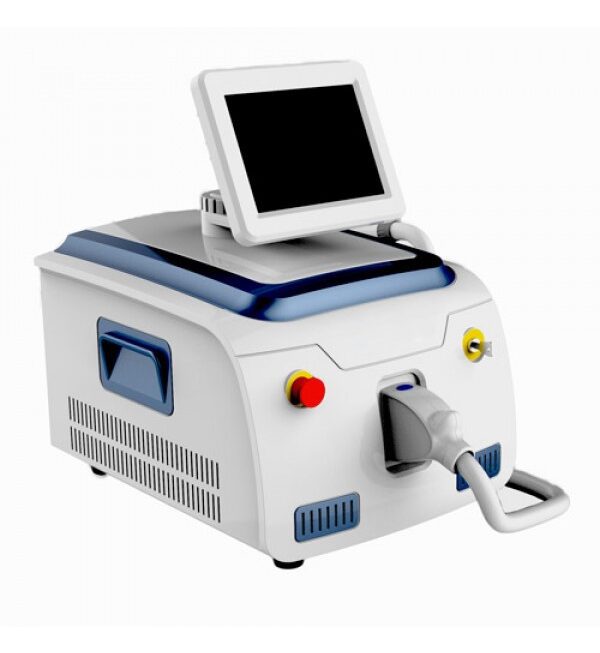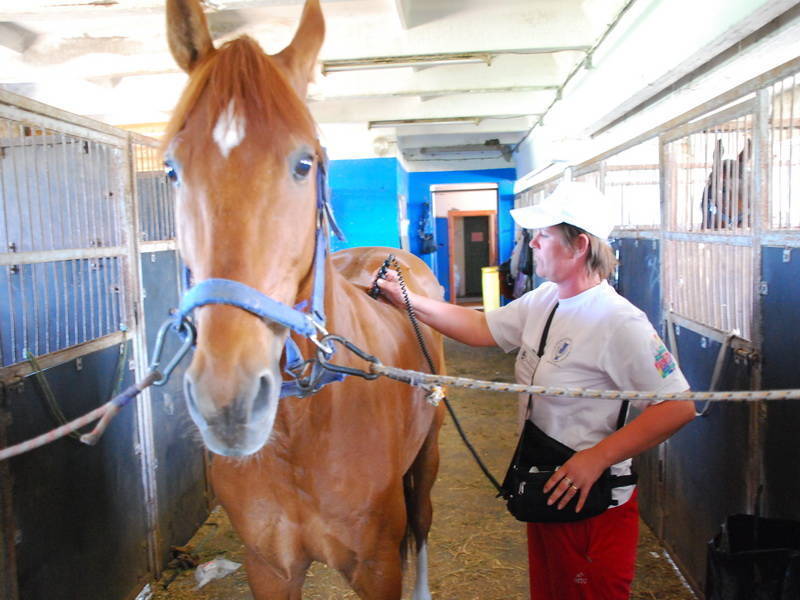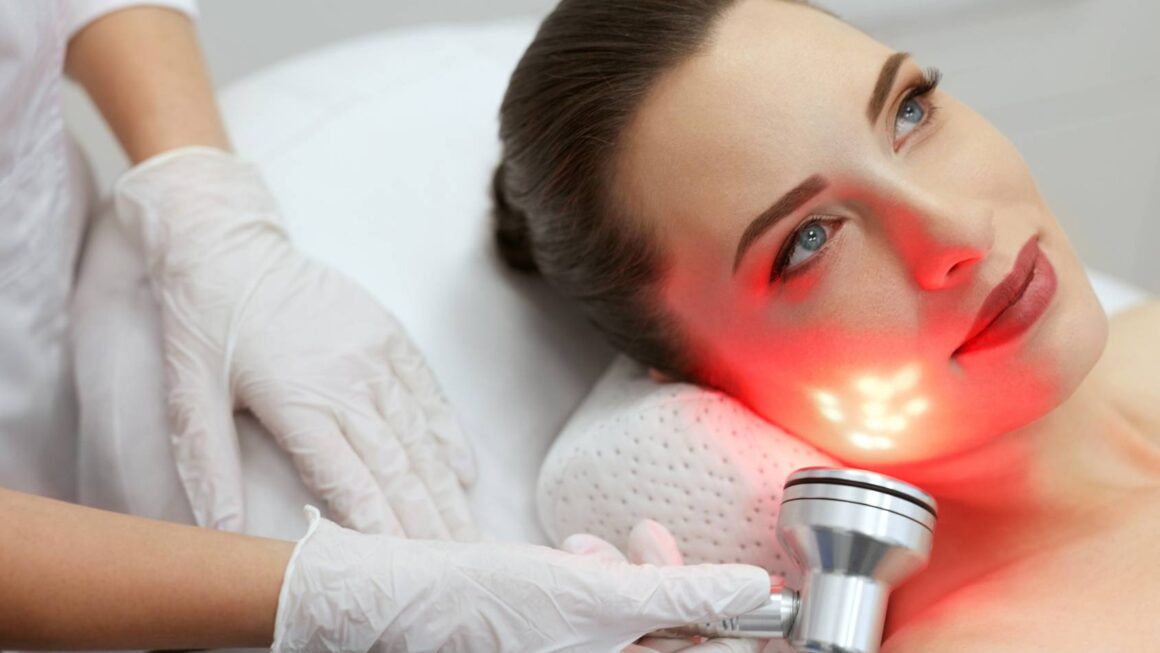Diode lasers https://omnilase.us/medical/ have emerged as a promising technology in the field of neurology, offering innovative approaches to pain management, nerve regeneration, and the treatment of various neurological disorders. In this article, we will explore the applications of diode lasers in neurology and discuss their potential to revolutionize neurological care.
Neuropathic Pain Management: Targeted Relief without Medications
Diode lasers provide a non-invasive and drug-free approach to managing neuropathic pain. We will discuss their use in laser therapy to stimulate nerve endings, promote tissue healing, and reduce pain signals, offering targeted pain relief for conditions such as diabetic neuropathy and post-herpetic neuralgia.
Peripheral Nerve Injuries: Facilitating Regeneration and Recovery
Diode lasers have shown promise in promoting nerve regeneration and recovery after peripheral nerve injuries. We will explore their use in stimulating axonal growth, enhancing nerve repair, and improving motor function, leading to improved outcomes for patients with conditions like carpal tunnel syndrome or nerve entrapment.
Stroke Rehabilitation: Restoring Function through Laser Stimulation
Diode lasers play a significant role in stroke rehabilitation. We will discuss how transcranial laser stimulation can enhance neuroplasticity, stimulate neuronal activity, and promote recovery after a stroke. Diode lasers offer a non-invasive and targeted approach to rehabilitative therapy for stroke survivors.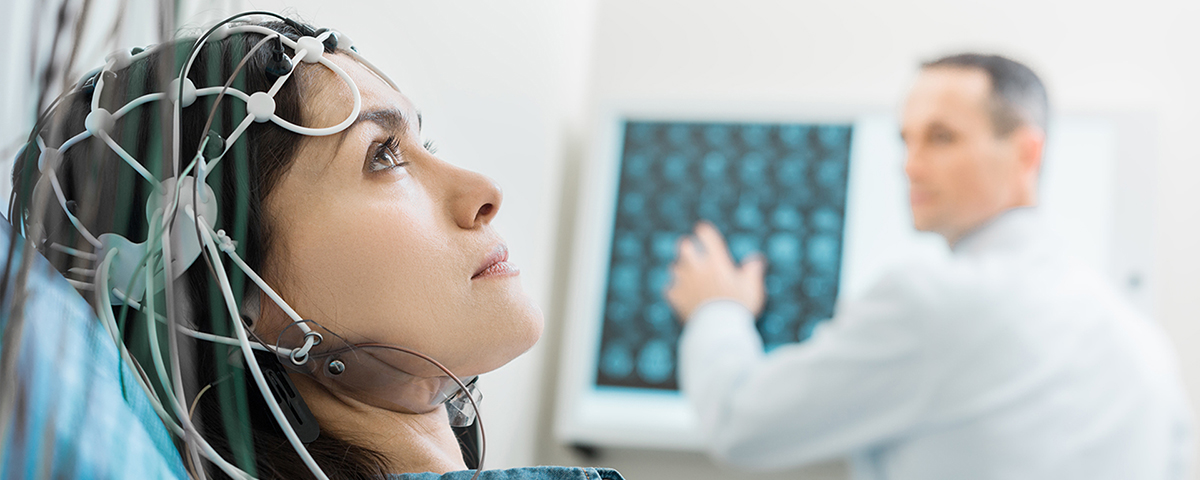
Neurostimulation: Precision in Treating Neurological Disorders
Diode lasers offer precise neurostimulation techniques for the treatment of neurological disorders such as Parkinson’s disease, essential tremor, and epilepsy. We will explore their use in deep brain stimulation and transcranial magnetic stimulation, providing targeted electrical stimulation to specific areas of the brain to alleviate symptoms and improve quality of life.
Nerve Entrapment Syndromes: Minimally Invasive Treatment Options
Diode lasers provide minimally invasive treatment options for nerve entrapment syndromes, including carpal tunnel syndrome and cubital tunnel syndrome. We will discuss their use in releasing nerve compression through endoscopic or percutaneous laser procedures, offering patients faster recovery times and reduced post-operative discomfort.
Neurodegenerative Disorders: Potential Therapeutic Applications
Diode lasers hold potential therapeutic applications for neurodegenerative disorders such as Alzheimer’s disease and Parkinson’s disease. We will explore the emerging research on using diode lasers to target beta-amyloid plaques, stimulate neuronal regeneration, and enhance cognitive function, offering new possibilities for the treatment of these challenging conditions.
Diode lasers have the potential to revolutionize neurological care by offering innovative approaches to pain management, nerve regeneration, and the treatment of various neurological disorders. From neuropathic pain management to stroke rehabilitation and neurostimulation, diode lasers provide targeted and non-invasive treatment options with the potential to improve patient outcomes and quality of life. As research in this field continues to evolve, diode lasers will likely play an increasingly significant role in advancing neurological care and transforming the treatment landscape for patients with neurological disorders.
